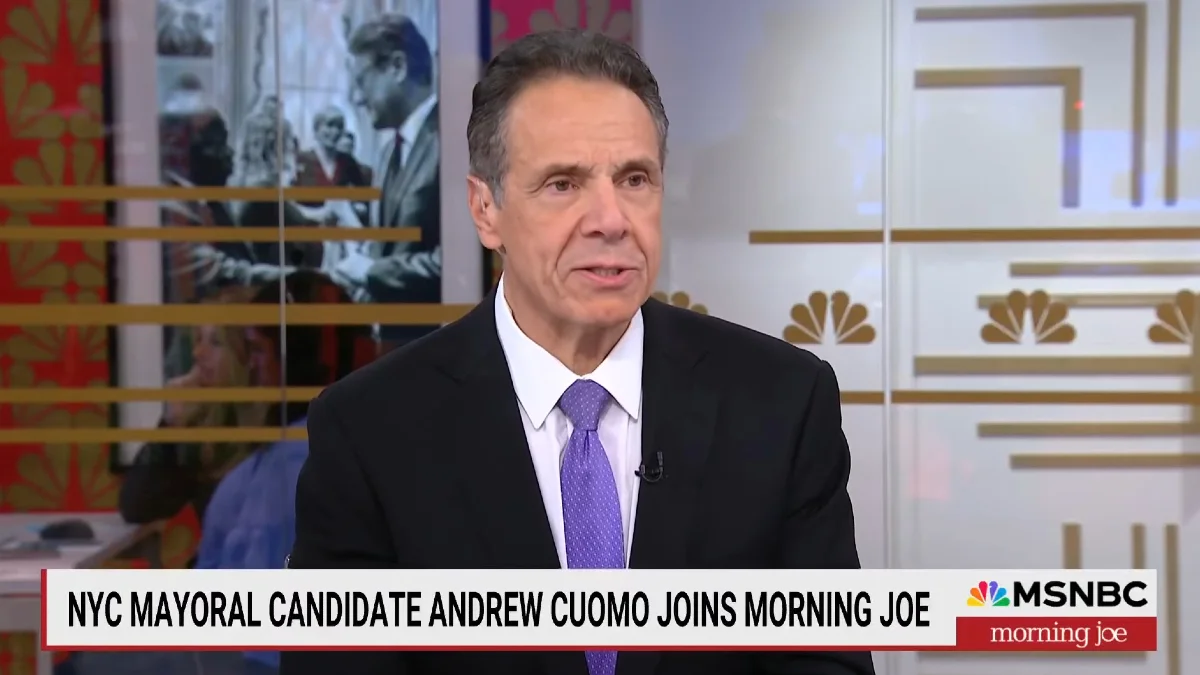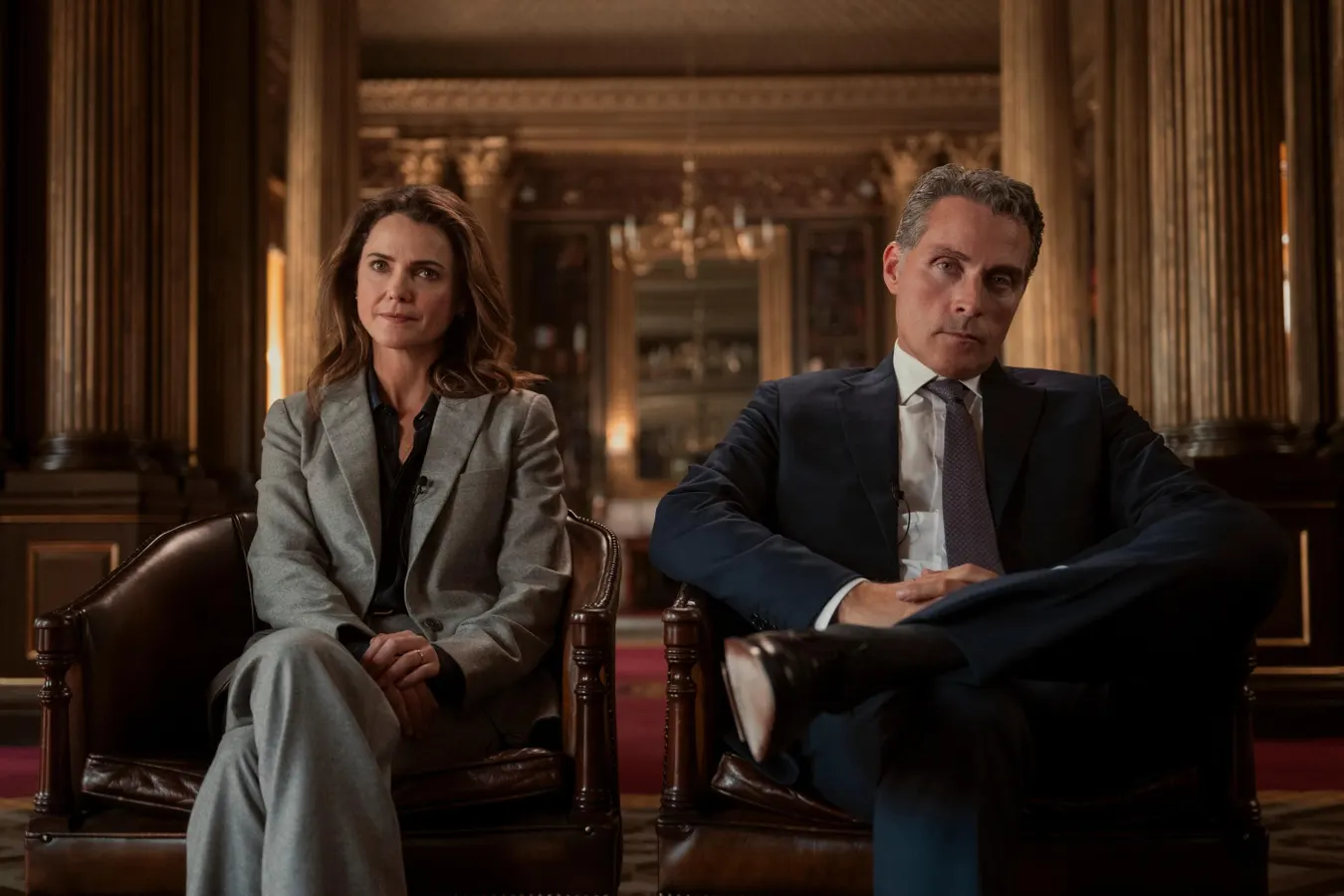Copyright thezimbabwemail

WHEN Nelson Chamisa recently declared on X that “there is no constitution to protect or defend” and that “we must instead defend and protect our country,” his words resonated with many Zimbabweans disillusioned by the state of our politics. Yet they also risk leading us astray at a moment when clarity and focus are essential. To suggest that there is no constitution to defend is to surrender the very ground upon which the democratic struggle was built. Our constitution is not some detached piece of paper—it is the living embodiment of the people’s will, painstakingly won through generations of struggle. To abandon it is to abandon Zimbabwe itself. We have been here before. In the late 1990s, Zimbabwe was gripped by a similar sense of national crisis. Corruption, authoritarianism, and economic decline had hollowed out public confidence in the state. Recognising the depth of the malaise, a broad coalition of social movements—from labour unions to churches, students, women’s groups, and civic activists—concluded that the country’s salvation lay in a new constitutional order. Out of this awakening came the National Constitutional Assembly (NCA), spearheaded by the Zimbabwe Congress of Trade Unions under the leadership of Gibson Sibanda and Morgan Tsvangirai. The NCA’s mission was clear: to mobilise citizens to write a people-driven constitution that would redefine the relationship between the state and its citizens. Alarmed by this groundswell, Robert Mugabe’s government rushed to produce its own draft through a state-appointed commission. But when this elite-driven constitution was put to a referendum in February 2000, the people rejected it. For the first time in history, Mugabe tasted defeat at the ballot box—because Zimbabweans demanded a constitution of the people, not for the rulers. That dream was finally realised in 2013, when during the inclusive government, the Movement for Democratic Change (MDC) and Zanu PF agreed to a consultative process that produced a new, progressive, and people-endorsed constitution. Adopted by an overwhelming majority, it became Zimbabwe’s first truly democratic social contract. But from the very beginning, the ruling elite treated this document not as a national covenant but as an inconvenience. After Emmerson Mnangagwa became president following the November 2017 military coup, he led efforts to mutilate the new constitution—most notably by removing the presidential running mate clause—to preserve the dominance of the Big Man presidency. Now Mnangagwa seeks to drive a chariot and horses through the same constitution he once swore to uphold. His reported ambition to amend or suspend key provisions to entrench a preferred succession plan amounts to nothing less than a constitutional coup. With a co-opted and compliant parliament, the regime hopes to legalise illegality and codify authoritarianism. What is at stake, therefore, is not merely a factional battle within Zanu PF between Mnangagwa and his deputy, Rtd General Constantino Chiwenga. It is a national crisis that cuts to the very foundations of the Republic. The fight over the constitution is the fight over the soul of Zimbabwe. It is in this context that Advocate Nelson Chamisa’s assertion that there is “no constitution to defend” becomes problematic. The constitution defines who we are, what we aspire to become, and what powers the state may or may not exercise over us. To claim that the constitution is “in tatters” and therefore unworthy of defence is to concede defeat to those who have been tearing it apart. The constitution’s fragility is not a reason to abandon it—it is the reason we must defend it even more vigorously. The 2013 constitution remains a democratising document, a people’s shield against tyranny. It provides the legal, moral, and political framework through which citizens can resist authoritarian excesses. It tells us not just what Zimbabwe is, but what Zimbabwe ought to be. Without it, talk of defending the country becomes abstract rhetoric. What country are we defending, if not the one defined by a constitution born of the people’s struggle? What rules guide that defence? What limits restrain it? If the fight for Zimbabwe is undefined, it risks descending into chaos or co-option. Zimbabwe stands today at another historic crossroads. The constitution is under siege. The institutions meant to uphold it have been captured. The opposition is divided and, in some cases, clearly compromised. Yet this very moment demands that all democratic forces—political, civic, and social—reclaim their original mission: to defend the constitution as the ultimate expression of the people’s sovereignty. The answer to authoritarian manipulation is not to discard the constitution but to rally around it. That was the lesson of 1999. It remains the challenge of 2025. If the constitution falls, the Republic falls with it. So yes, Zimbabwe must be defended—but to defend Zimbabwe is to defend its constitution. The two are one and the same. History has given Nelson Chamisa a through-pass in the penalty box. The question is: will he shoot for goal by galvanising Zimbabweans to save their constitution, and with it, their nation?



